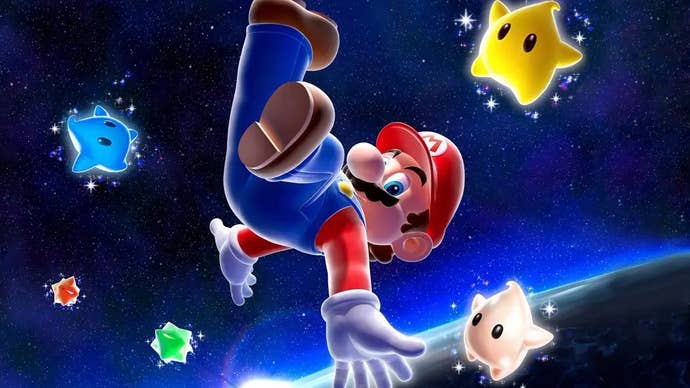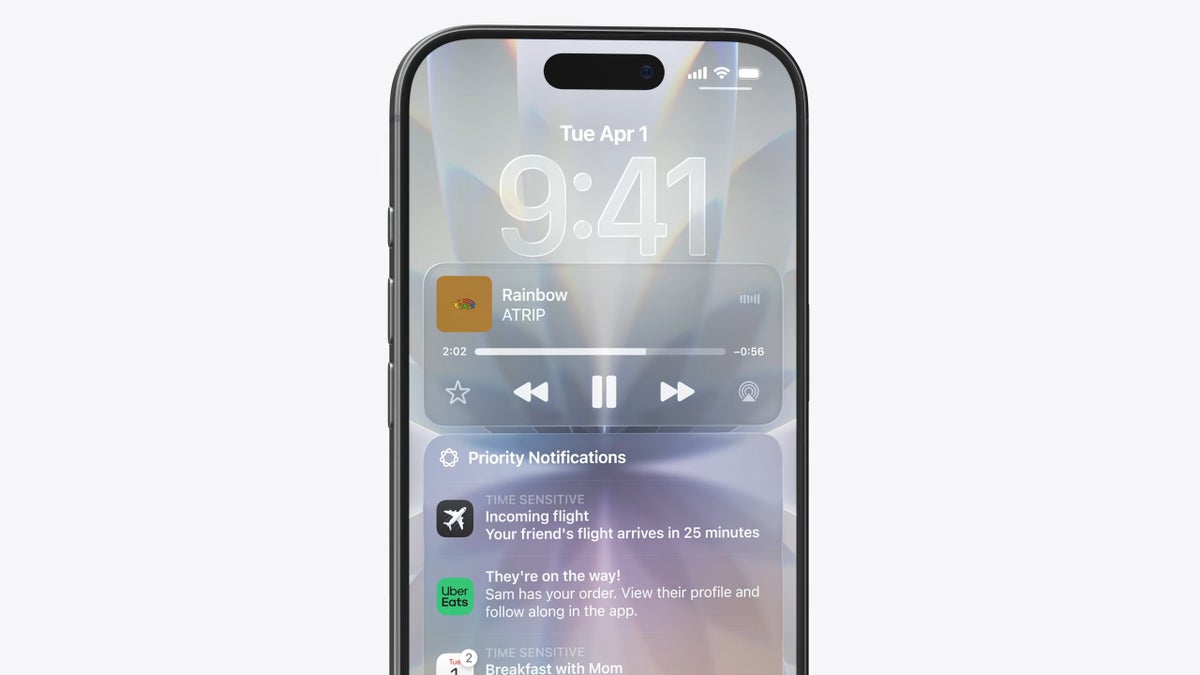Hello and welcome to another entry in our “The Big Question” series, in which we present an argument to you, the Eurogamer community, for further interrogation. This week: are the new Mario Galaxy re-releases on Switch really too expensive?
We’ve become accustomed to things becoming cheaper over time, to the extent that it feels like a right. Don’t buy a car brand-new, fresh off the manufacturing line, wait for it to be traded in a year later and then buy it for huge savings. Who hasn’t scoured the sandwich chiller at the supermarket for a ropey wrap massively reduced in price because they are nearing their sell-by date? And I’m not sure there’s ever been a bigger moment in UK gaming than when Gamestation reduced the price of The Elder Scrolls V: Skyrim to about £20, in December 2011, less than one month after the game was released. Things should get cheaper if you wait, right? Right? I’m not sure. Let’s say it’s complicated.
The examples above aren’t exactly equivalent – a slightly stale onion baji sandwich made three days ago isn’t the same as a car being driven for 8,000 miles (mainly motorway), I know. But I think the point should be somewhat clear. Games start at one price, then get cheaper, and cheaper, until they sell for pennies. Unless you are Nintendo.
Let’s look at Nintendo’s Switch (and Switch 2) re-releases of Super Mario Galaxy and Super Mario Galaxy 2. £34 to buy each digitally on their own, or £59 as a bundle. This has been met with the expected amount of derision online, with the sentiment among many essentially boiling down to: How dare Nintendo charge this much for games which are 18 and 15 years old, respectively. Games which are not receiving massive overhauls, at that.
These people are wrong. Sorry. Taken at face value, games becoming cheaper is wonderful, and if a publisher wants to market towards a different audience through budget lines (RIP, PlayStation Platinum range), I think that’s great and an avenue that makes sense for certain games. But Nintendo setting the price of two iconic, borderline immaculate video games, and people arguing they aren’t worth that much money, is a very different matter. Small extra point: £34 today is about £22 in 2011.
As much as I would love all Nintendo games to reduce in price over time and save me money (a lot of money, now exacerbated by my son also wanting games), I firmly believe that Nintendo is right to keep its prices relatively high – not just with Mario Galaxy but pretty much all its first-party games. The very best games don’t age. They don’t get worse. They stand as tall today as they did on release.
I gave Mario Galaxy (the Switch version included in the Super Mario 3D All-Stars collection from 2020) a whirl last night, just to make sure I wasn’t being a victim of nostalgia goggles, and I was right – this is still 100 percent an incredible game, with an art style that belies its age and a joyousness in design that I think only its sequel has bettered. Frankly, £34 is a bargain that only ceases to be as such when your view on the industry is one you’ve lived through from generation to generation to generation. Present someone new to video games with Mario Galaxy and a bunch of other recent 3D platformers, and I’d be astonished if 95 percent of those surveyed didn’t pick Nintendo’s micro-planet-hopping adventure as the best and most-deserving of its price tag.
If we compare all this to how re-releases are handled in the film industry, well, you might not want to read on if you find Nintendo’s pricing policy to be too cash-grabby. As someone who has owned movies from VHS through to Ultra HD Blu-ray, on digital, and everything in-between, I’ve bought some films six times. VHS, DVD, higher-bit-rate DVD, Blu-ray, Apple TV, and Ultra HD Blu-ray. These films, mostly released back in the 80s, aren’t getting cheaper each time they release – they aren’t even getting improved that much, at least not these days when we aren’t seeing anything like the eyebrow-raising leap from VHS to DVD.

You do have options, of course. You aren’t required to buy re-releases and, unless you go back a very long way or are trying to get hold of rare games, you can fairly easily pick-up classics for way less than the marginally improved versions releasing on new hardware. The Galaxy games are not hard to buy for under £15 each. I can buy The Matrix on DVD for about the same price as a small bottle of Pepsi Max, but on Ultra HD it’ll set me back over £20. If we say the Wii is DVD, Switch is Blu-ray, and Switch 2 is UHD, and the improvements from one the next is largely in image clarity, I think the comparison stands.
My point, really, is that quality should come at a price and Nintendo has no reason to devalue its most celebrated works of art. You can argue that Nintendo has become more money-grabby of late, both in terms of pricing its Switch 2 games higher than on the Switch, and in squeezing money out of players on DLC – both its recent Donkey Kong Bananza and Switch 2 Edition upgrades to the likes of Mario Party 8 have been criticized. While increasing game prices is arguably simply adapting to market conditions, there’s a good case for the DK Island & Emerald Rush DLC feeling like it should have been in the initial game’s release.
And yet, none of this makes me think the Super Mario Galaxy releases on Switch and Switch 2 are too expensive. Great art is expensive and ultimately the argument comes down to what consumers are willing to pay to get it. Given that these two games rank among the very best ever made, and Nintendo knows this, I don’t think they are going to have any problem convincing people to part with their money.
The big question, then: are the new Mario Galaxy re-releases on Switch too expensive?
Source link

